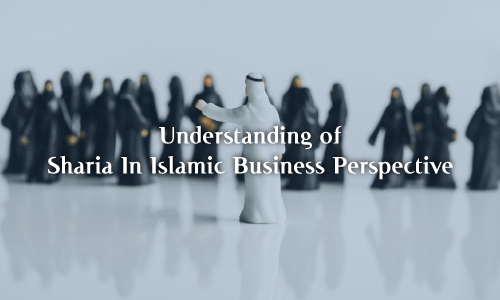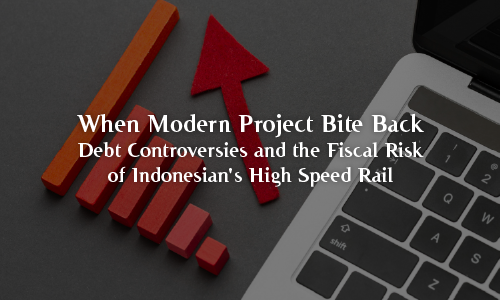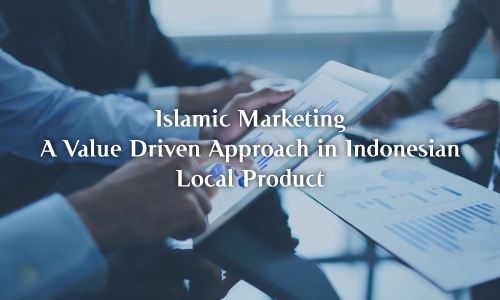
Summary: This paper explores the remarkable growth and diversification of the global halal industry, now valued at over USD 7 trillion and projected to reach USD 10 trillion by 2030. Rooted in Islamic economic principles and the objectives of maqashid al-shari’ah, the halal industry extends beyond food to include fashion, cosmetics, pharmaceuticals, finance, and tourism. The study highlights the roles of both Muslim and non-Muslim countries in shaping consumption and production trends, with strategic sectors such as halal food, modest fashion, and Islamic finance demonstrating significant potential. It also examines the role of ethical finance, digital technologies like blockchain and AI, and the ongoing challenge of standardizing halal certification. Ultimately, the paper underscores how the halal economy offers an inclusive, ethical, and resilient model for global economic development in the modern era.
Introduction
Over the last twenty years, the halal industry has grown remarkably, becoming a major player in the global economy. Its total value now exceeds USD 7 trillion, with forecasts suggesting it could reach USD 10 trillion by 2030. This growth is closely linked to the rising number of Muslims worldwide—expected to hit 2.2 billion by 2030—and a growing demand for halal and tayyib (pure and wholesome) products. Today, halal offerings go far beyond food, encompassing fashion, cosmetics, pharmaceuticals, financial services, and tourism.
According to the 2023/24 State of the Global Islamic Economy Report, Muslim spending on six major halal lifestyle sectors reached USD 2.29 trillion in 2022—up significantly from USD 1.62 trillion in 2012. This trend reflects not only the economic strength of Muslim consumers but also how halal products are gaining appeal with non-Muslim audiences seeking ethical, high-quality, and sustainable goods.
This article offers a comprehensive look at the growth of the global halal industry. It explores the guiding principles of Islamic economics and maqashid al-shari’ah (the higher objectives of Islamic law), highlights which countries are leading consumers and producers, and takes a…

















